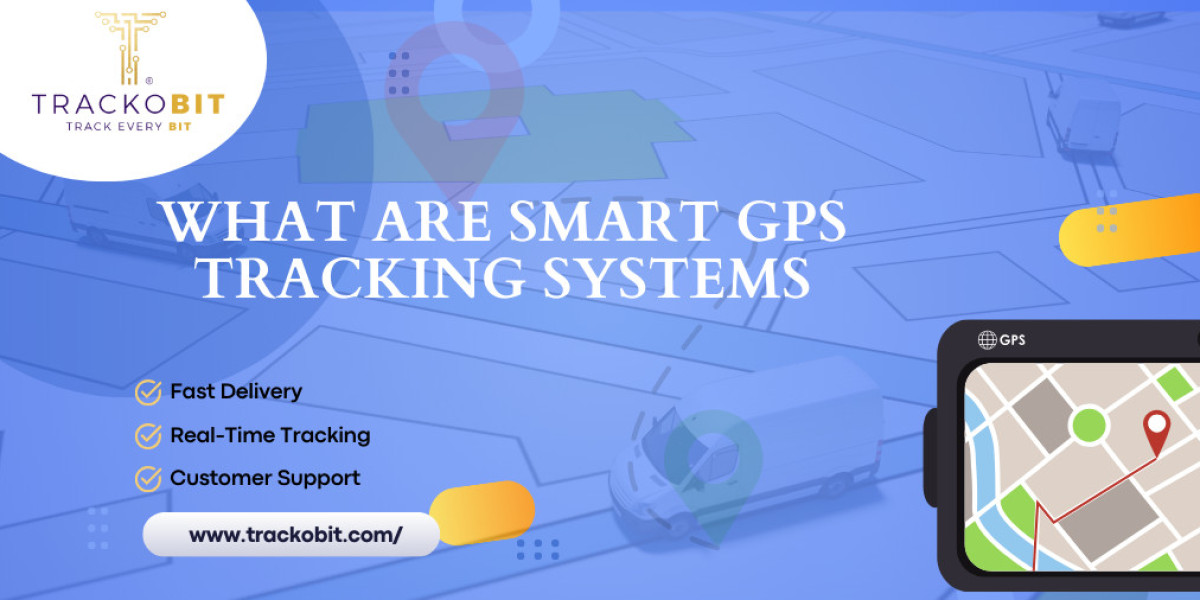

4 days ago
Tired of wasting time and fuel in inefficient ways? Are you looking for solutions that can make your trip more comfortable, reduce costs, and reduce waste? GPS Route Planning Software is the answer!
This innovative technology uses sophisticated algorithms and state-of-the-art data to determine the best routes for your journey, no matter if you are a fleet operator, vessel owner, or shipper. However, with so many options, choosing the right software can seem daunting.
Don’t worry, because this manual acts as your compass in navigating GPS Route Planning Software territory. Tired of wasting time and fuel in inefficient ways? Are you looking for solutions that can make your trip more comfortable, reduce costs, and reduce waste? GPS Route Planning Software is the answer!
What is GPS Tracking?
Global Positioning System (GPS) technology utilizes orbiting satellites and geo-positioning data to track real-time movements or the whereabouts of a vehicle, heavy equipment, or consignments on the move. Logistics companies commonly utilize the technology to keep to their assets. The global positioning system (GPS) is a worldwide navigation system that enables the identification of specific points.
To gather information about location and direction, a GPS tracking system connects to the GNSS (Global Positioning Satellite System. By the transmission of radio signals and the establishment of a connection with satellites. GPS tracking determines the precise location of the object through geographic positioning.
Once installed, a GPS-tracking device immediately fetches data and communicates with the satellite. By utilizing latitude and longitude, the satellites accurately pinpoint the coordinates and approximate distance of a particular location. There are various types of GPS tracker devices available in the market including battery-operated trackers, hardwired trackers, plug-in trackers, and more.
According to a survey, it was discovered that 72% of the respondents make use of GPS fleet tracking software.
How Does Smart Vehicle Tracking Work?
Smart vehicle tracking systems work through a combination of hardware and software components to monitor and manage vehicles in real-time. Here's a simplified overview of how they typically work.
Hardware Installation- The system starts with the installation of hardware components in the vehicle. The hardware usually includes a GPS receiver, which receives signals from a satellite to determine the vehicle’s location accurately. Also in addition it may include sensors for monitoring various parameters like speed, fuel level, engine diagnostics, and more.
Data Transmission- The hardware collects data from the vehicle’s onboard systems and sensors. This data is then transmitted to a central server or a cloud-based platform using wireless communication technologies such as cellular networks and satellite communication.
Data Processing and Analysis- Once the data reaches the central server or cloud platform, it undergoes processing and analysis. This involves interpreting the raw received from the raw data received from the vehicle’s current location, speed, fuel consumption
User Interface and Visualization- The processed data is made available to users through a user interface, which could be a web-based dashboard, a mobile application, or specialized software. Users, such as fleet managers or vehicle owners, can access this interface to view real-time information such as the vehicle’s current location, speed, fuel consumption, route history, and various other metrics.
Integration with other systems- Smart vehicle tracking systems can often integrate with other enterprise systems such as fleet management software, CRM (customer relationship management) systems, or ERP (enterprise resource management) systems
This integration allows for seamless data exchange and enables organizations to use tracking data for purposes such as optimizing processes, improving operational efficiency, enhancing customer service, and ensuring compliance.
Overall, GPS tracking software play an important role in improving vehicle performance, safety, and security, providing real-time detection of vehicle activity and actionable insights.








